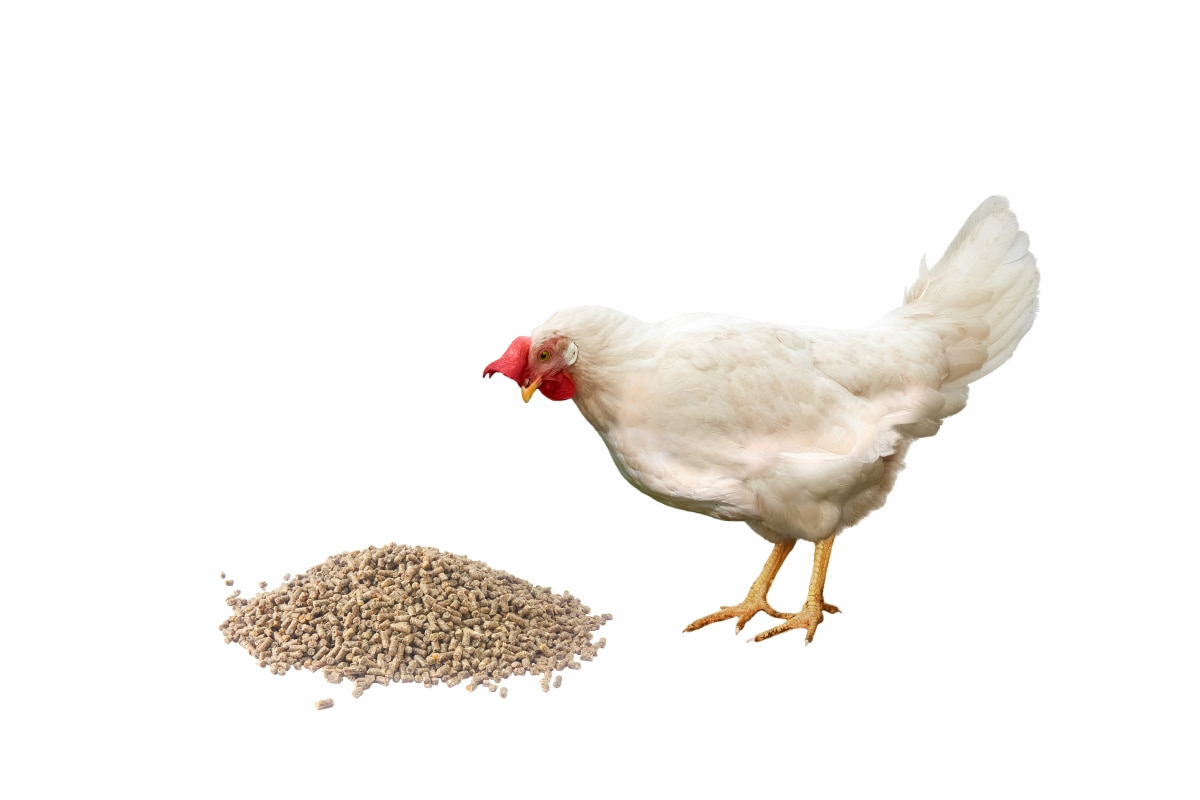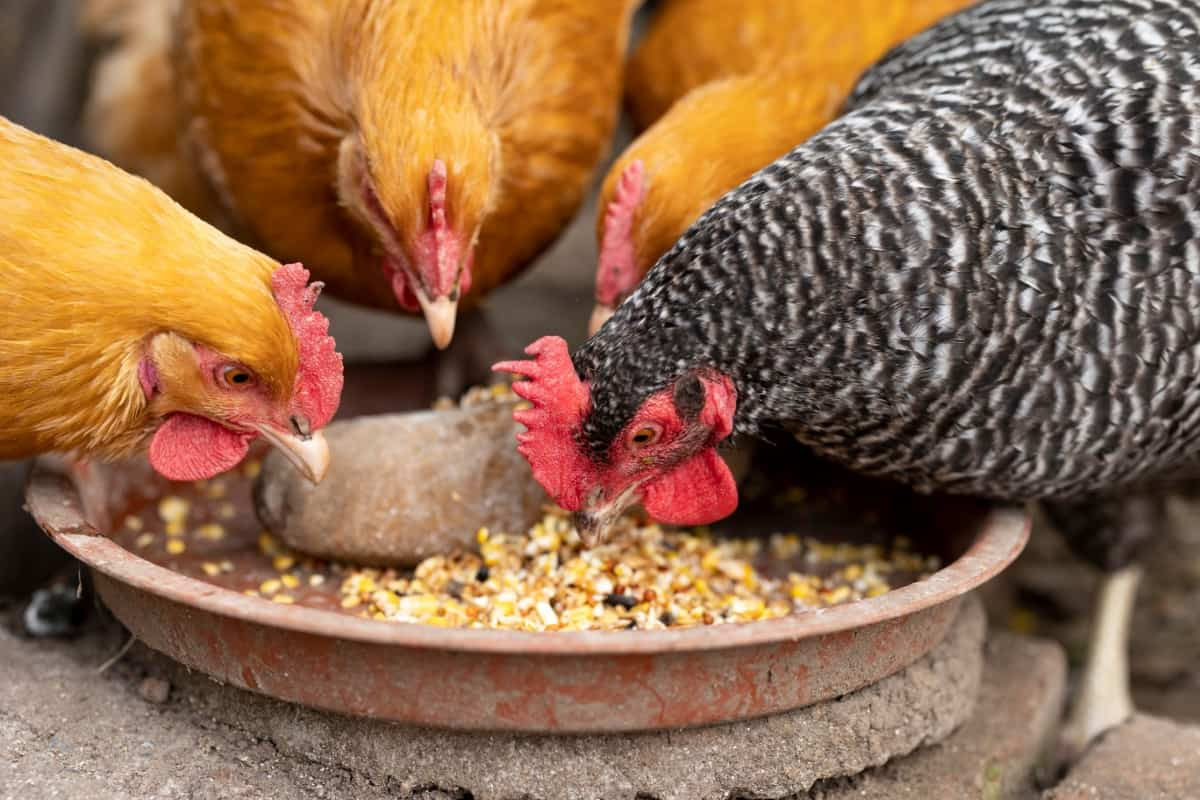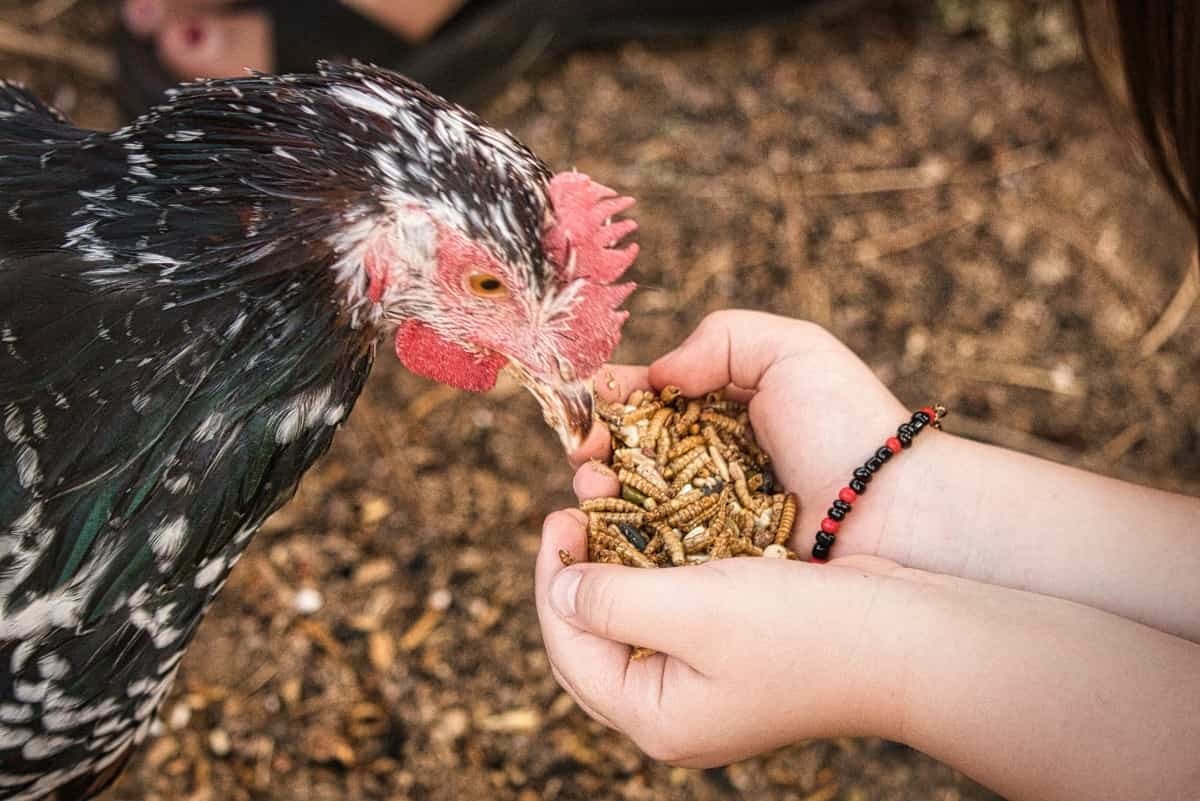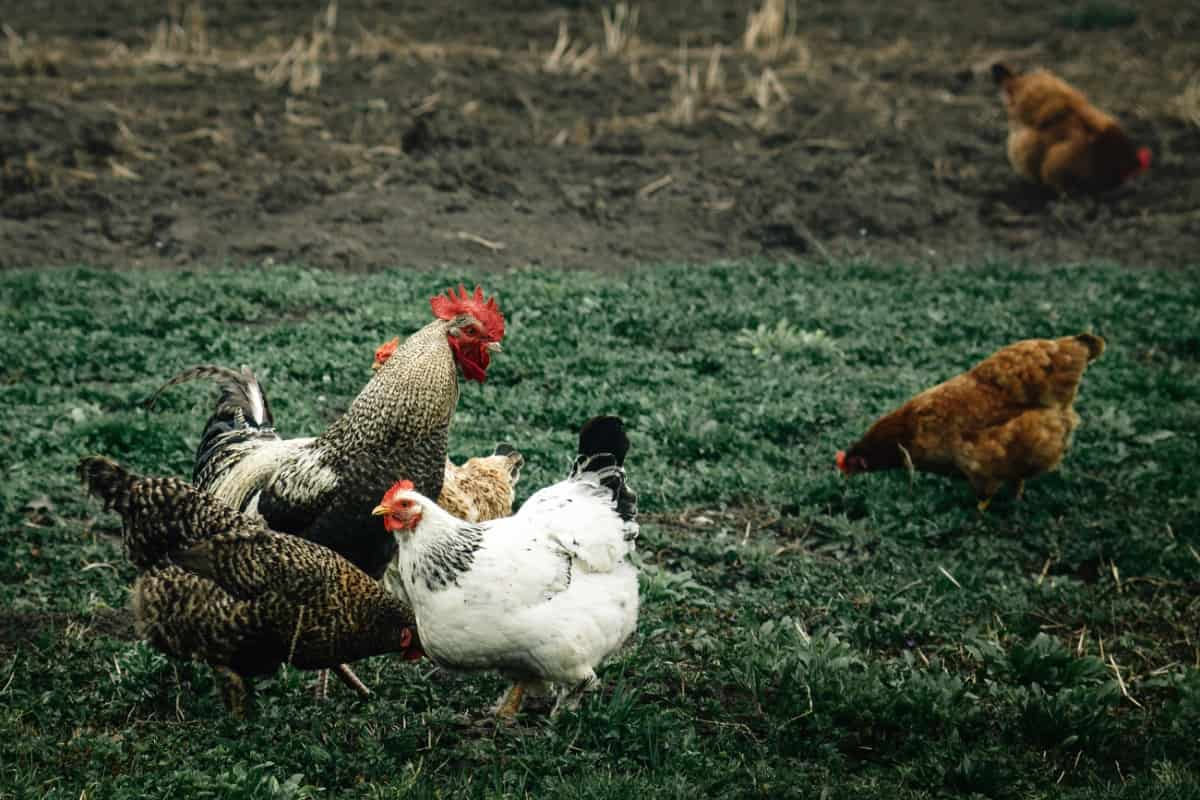Hello friends, providing chickens with high-quality feed is essential for their health and well-being. Chicken feed offers a balanced mix of nutrients that are necessary for optimal growth and egg production. A good chicken feed mix helps support strong bones, feathers, and overall immune system function in your flock.

Top 10 Tips to Save on Chicken Feed
Why to purchase in Bulk
By purchasing larger quantities of feed at once, you can secure a lower price per unit, helping you stretch your budget further. Bulk feed purchases not only offer cost savings but also convenience. Before diving into bulk buying chicken feed, it’s crucial to assess your storage capacity. Make sure you have adequate space to store the extra feed properly to maintain its quality and freshness over time. Additionally, keep an eye out for special deals or discounts offered by suppliers for bulk orders.
Importance of Fermenting Feed
Fermenting feed for your flock can be a game-changer when it comes to saving on chicken feed costs. This method involves soaking grains in water to create a fermented mash that is not only more nutritious but also easier for chickens to digest. By fermenting their feed, you can increase the beneficial bacteria content and make nutrients more bioavailable. Not only does fermenting chicken feed savings improve the overall health of your chickens, but it also helps in reducing feed wastage.
Chickens tend to eat less when fed fermented feed as they are getting more nutrients from each bite. This means you’ll be saving money on both the amount of feed used and potential vet bills due to healthier birds. Another added benefit of fermenting feed is that it allows you to stretch your supply further without compromising on quality.
Formulate Your Feed
When it comes to saving on chicken feed, one effective strategy is to formulate your own. By creating your custom blend, you have control over the ingredients and can tailor the mix to suit your flock’s specific needs. Research different grains, seeds, and supplements that are suitable for chickens. Experiment with various combinations to find a formula that provides optimal nutrition while being cost-effective.
In case you missed it: Ultimate Guide to Cinnamon Queen Chicken: A Comprehensive Guide for Beginners

You not only save money on chicken feed but also have the satisfaction of knowing exactly what goes into your chickens’ diet. It can also be a creative process that adds a personal touch to caring for your feathered friends.
You can Grow Your Own Feed
Growing your feed can involve planting various crops such as corn, sunflowers, or even herbs like oregano and basil that are beneficial for chicken health. You can also grow grass and clover, which are great sources of nutrition for poultry. By cultivating your feed, you reduce dependency on store-bought options and ensure fresher ingredients for your chickens. Plus, it’s a rewarding experience to see your feathered friends enjoy produce straight from your garden. Consider setting aside a small area in your backyard or garden specifically dedicated to growing chicken-friendly plants.
Use of Kitchen and Garden Scraps
Kitchen and garden scraps can be a valuable resource when it comes to feeding your flock. Instead of tossing out those veggie peels, fruit rinds, or leftover grains, consider repurposing them as tasty treats for your chickens. Not only will you be reducing waste, but you’ll also be providing nutritious snacks for your feathered friends.
Gather up any leftover bread, pasta, rice, or even eggshells—all of these can be great additions to your chicken’s diet. Just remember to avoid feeding them anything toxic or harmful. By incorporating kitchen scraps, you’re not only saving money on feed costs but also ensuring that your chickens have a well-rounded diet.
Going for Foraging and Free-Ranging
Foraging and free-ranging are natural ways to save on chicken feed costs while providing your flock with a diverse diet. Allowing chickens to roam freely in a safe outdoor space allows them to peck at bugs, worms, grass, and other plants rich in nutrients. This not only supplements their diet but also promotes healthier and happier birds. By incorporating free-ranging into your chicken feed, you reduce the amount of commercial feed needed to sustain your flock.
In case you missed it: Ultimate Guide to California Tan Chicken: Breeding, Raising, Diet, Egg-Production and Care

Ensure that your free-range area is secure from predators and offers plenty of shade, shelter, and fresh water for your chickens. Regularly rotating grazing areas will help replenish vegetation naturally while preventing soil depletion through overgrazing. Allow your flock access to different areas periodically so they can explore new foraging opportunities.
You can Buy in Season and Preserve
Buying chicken feed in season and preserving it can be a smart way to save money while ensuring your flock gets the nutrition they need. When you buy feed ingredients in bulk during peak seasons, you can take advantage of lower prices and discounts offered by suppliers looking to move their stock. By preserving excess feed through proper storage methods like sealing containers or using airtight bags, you can extend the shelf life of chicken feed. This allows you to buy larger quantities without worrying about waste or deterioration.
When you purchase seasonal produce or grains that are abundant at certain times of the year, you not only save on costs but also provide varied nutrients for your chickens. By stocking up during harvest times, you can secure quality ingredients at a fraction of the price compared to buying them off-season. Utilizing preservation techniques such as drying or freezing surplus food items like fruits, vegetables, or grains enables you to create homemade chicken feed recipes and supplements for your flock throughout the year.
Better to Utilize Local Resources
Utilizing local resources for chicken feed can be a game-changer for saving money on chicken feed. Instead of solely relying on store-bought options, consider exploring what your community has to offer. Local farmers may have surplus grains or produce that can be perfect for supplementing your chickens’ diet.
Bartering for chicken feed with neighbors or joining community swap groups could also lead to cost-effective feed alternatives. Additionally, reaching out to local bakeries or breweries might provide access to byproducts like spent grains that are nutritious and affordable for your feathered friends.
Importance of Feed Management
By efficiently managing your chicken feed, you can not only save money but also ensure that your flock receives the necessary nutrients for their well-being. The key aspect of feed management is understanding the nutritional requirements of different chicken breeds at various stages of growth. Another important element of feed management is ensuring proper storage to avoid spoilage and contamination.
Store your chicken feed in a cool place to maintain its freshness and quality for longer periods. Regularly monitoring your chickens’ consumption patterns can also aid in effective feed management. By observing how much they eat daily, you can adjust the quantity to minimize waste while meeting their nutritional needs accurately.
You should Join a Farming Cooperative
This collaborative approach allows you to pool resources and purchase feed in bulk at discounted prices. By joining forces with other poultry owners, you can split the cost of large quantities of feed, making it more affordable for everyone involved. Farming cooperatives also offer the opportunity to share knowledge and expertise with like-minded individuals.
In case you missed it: Mericanel Della Brianza Chicken: Profile, Raising, Diet, Egg-production, Price, and Care

You can learn from others about different feed formulations, feeding techniques, and cost-saving strategies. Additionally, being part of a cooperative creates a sense of community and support among fellow chicken enthusiasts. Cooperatives often organize group buys or discounts from local suppliers, further reducing the overall expense of feeding your flock.
Conclusion
Chickens can thrive and lead happy lives in your backyard or farm. Without proper feed, your chickens may suffer from malnutrition or produce fewer eggs. The quality of the feed directly impacts their overall well-being and egg production. By investing in high-quality chicken feed, you are ensuring that your flock receives all the necessary nutrients they need to thrive.
- Feed Your Flock for Less: Top 10 Tips to Save on Chicken Feed
- Ultimate Guide to Ossabaw Island Hog: Breeding, Raising, Diet, and Care
- Hatching Answers: The Top 10 Reasons Your Chickens Aren’t Laying Eggs
- Eggs and Economics: Breaking Down the Cost of Raising Backyard Chickens
- Defend Your Greens: Proven Methods to Keep Iguanas Out of Your Garden
- Ultimate Guide to Cinnamon Queen Chicken: A Comprehensive Guide for Beginners
- Ultimate Guide to California Tan Chicken: Breeding, Raising, Diet, Egg-Production and Care
- Ultimate Guide to Marsh Daisy Chicken: Breeding, Raising, Diet, and Care
- 10 Types of Chicken Farming Businesses You Can Start for Profits